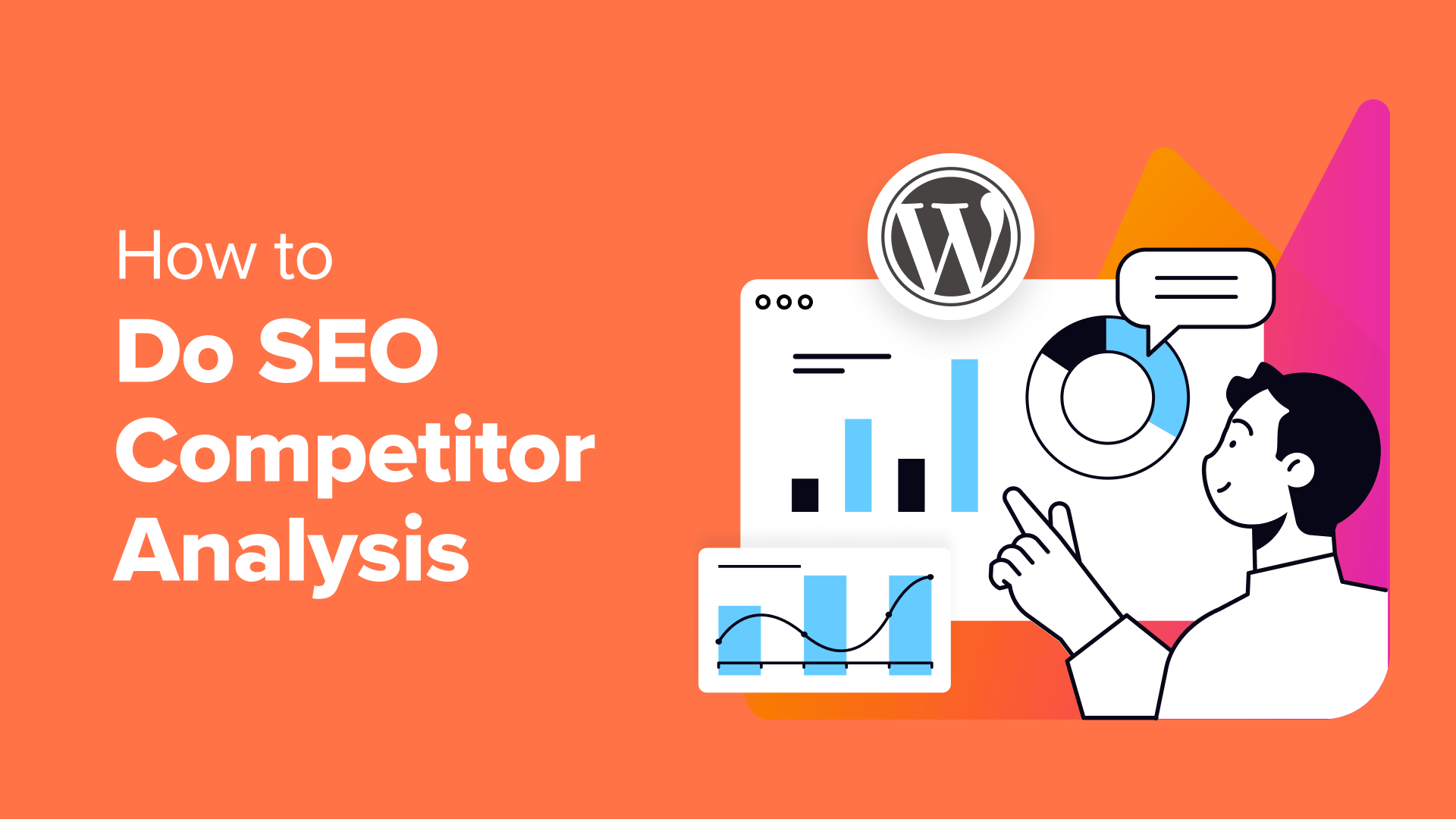The world of business has undergone a radical transformation in recent years, largely driven by the proliferation of internet technology. This digital revolution has given birth to the concept of e-business, a term used to describe the conduct of commercial activities using electronic means, primarily the internet. E-business has rapidly evolved from its early stages, where it mainly encompassed online shopping and basic communication, to a complex ecosystem of interconnected technologies and practices that have redefined how companies operate and interact with their customers, partners, and competitors. In this 1500-word essay, we will delve into the multifaceted world of e-business and internet technology, exploring its impact on various aspects of commerce, its advantages, challenges, and its role in shaping the future of business.
E-Business: An Overview
E-business encompasses a wide range of activities, from simple online storefronts to complex supply chain management systems. At its core, e-business involves using the internet and related technologies to facilitate various business processes, including sales, marketing, customer service, and operations. It eliminates geographical barriers, allowing companies to reach a global audience and conduct transactions across borders with ease.
One of the fundamental aspects of e-business is e-commerce, which refers to the buying and selling of goods and services online. The rise of e-commerce giants like Amazon and Alibaba has reshaped the retail landscape, with consumers now having the convenience of shopping from the comfort of their homes. Additionally, the adoption of mobile devices has further accelerated e-commerce growth, making it accessible to a wider audience.
Internet Technology: The Backbone of E-Business
Internet technology forms the foundation of e-business, enabling businesses to establish an online presence and interact with customers. Several key technologies and tools underpin e-business operations:
Website Development:?Businesses create websites to showcase their products or services, provide information to customers, and facilitate online transactions. These websites are often designed to be user-friendly and visually appealing to enhance the customer experience.
E-commerce Platforms:?E-commerce platforms like Shopify, WooCommerce, and Magento provide businesses with the tools to set up online stores, manage inventory, process payments securely, and track sales.
Payment Gateways:?Secure online payment systems ensure that financial transactions occur smoothly and safely. Prominent payment gateways include PayPal, Stripe, and Square.
Social Media:?Platforms like Facebook, Instagram, and Twitter are utilized for marketing and customer engagement. Social media allows businesses to connect with their audience, run targeted ad campaigns, and build brand loyalty.
Cloud Computing:?Cloud services, offered by companies like Amazon Web Services (AWS) and Microsoft Azure, enable businesses to host websites and applications, store data, and scale their operations flexibly.
Big Data and Analytics:?E-businesses leverage big data and analytics tools to gather insights from customer behavior, enabling them to make informed decisions, improve products, and enhance marketing strategies.
Advantages of E-Business
E-business offers numerous advantages to both businesses and consumers, contributing to its widespread adoption and success:
Global Reach:?E-business allows even small businesses to reach a global audience, opening up new markets and revenue opportunities.
Cost Efficiency:?Operating online often incurs lower overhead costs compared to traditional brick-and-mortar businesses. E-businesses can save on rent, utilities, and staffing.
Convenience:?Consumers appreciate the convenience of shopping online, as they can browse and purchase products 24/7 from virtually anywhere.
Personalization:?E-businesses can leverage customer data to provide personalized recommendations and tailored shopping experiences.
Data-Driven Decision Making:?With access to vast amounts of data, businesses can make data-driven decisions, optimizing their operations and marketing efforts.
Challenges of E-BusinessWhile e-business offers substantial benefits, it also presents unique challenges:
Cybersecurity:?E-businesses are vulnerable to cyber threats such as data breaches and hacking attempts. Ensuring robust cybersecurity measures is crucial.
Competition:?The online marketplace is highly competitive, with countless businesses vying for customers' attention. Standing out requires effective marketing and differentiation.
Customer Trust:?Building and maintaining customer trust online can be challenging. Providing secure payment options, clear return policies, and reliable customer service is essential.
Logistics and Delivery:?Efficient logistics and timely delivery are critical in e-commerce. Delays or errors can harm a business's reputation.
Regulatory Compliance:?E-businesses must navigate complex regulations and legal requirements, especially when operating across borders.
E-Business and Internet Technology in Practice
Let's explore how e-business and internet technology have transformed various sectors:
Retail:?Traditional retail has been disrupted by e-commerce giants like Amazon. Smaller retailers also benefit from online sales channels and can compete globally.
Hospitality and Travel:?Booking flights, hotels, and vacations online has become the norm, with platforms like Airbnb and Expedia revolutionizing the industry.
Banking and Finance:?Online banking and fintech startups have changed how we manage finances, with mobile apps allowing for seamless transactions and investment management.
Healthcare:?Telemedicine and online pharmacies have made healthcare services more accessible, especially during the COVID-19 pandemic.
Education:?E-learning platforms and online courses have democratized education, making it possible for individuals worldwide to access quality learning resources.
Manufacturing:?Smart factories and supply chain management systems powered by the Internet of Things (IoT) have improved efficiency and reduced downtime in manufacturing processes.
The Future of E-Business
As technology continues to advance, e-business is poised to undergo further transformations. Here are some trends and predictions for the future of e-business:
Augmented Reality (AR) and Virtual Reality (VR):?AR and VR technologies will enhance the online shopping experience by allowing customers to try products virtually before purchase.
Artificial Intelligence (AI):?AI-driven chatbots and personalization algorithms will provide more efficient customer service and personalized shopping recommendations.
Blockchain:?Blockchain technology will increase transparency and security in online transactions and supply chains, reducing fraud and errors.
5G Connectivity:?The rollout of 5G networks will enable faster and more reliable internet connections, facilitating real-time data sharing and communication in e-business.
Sustainability:?E-businesses will increasingly focus on sustainability, with eco-friendly packaging, energy-efficient operations, and carbon offset programs becoming standard practices.
Voice Commerce:?Voice-activated devices and virtual assistants like Amazon's Alexa and Google Assistant will drive voice commerce, simplifying the shopping process.
E-business and internet technology have fundamentally reshaped the landscape of commerce. From enabling businesses to reach a global audience to providing consumers with unprecedented convenience, the impact of e-business is undeniable. While it presents challenges such as cybersecurity and fierce competition, the potential for growth and innovation is vast. As technology continues to advance, e-business will evolve further, offering new opportunities and transforming industries. In this digital age, embracing e-business and harnessing the power of internet technology is not just an option but a necessity for businesses looking to thrive in the future of commerce.























